6 Views· 12 September 2023
4 Habits Killing Your Energy
Are you wondering why you are constantly tired? It might be time to take a look at some daily habits that could be taking away your energy. For example, sitting still too much, poor diet, lack of sleep or even cell phone use. In this video, we dive into the research and some studies explaining the cause of these habits and how they suck your energy.
We are also thinking of doing more stories content soon, so please stick with us until then. We promise to provide content that serve even more in the form of stories.
Writer: Clarisse Delos Reyes
Editor: Caitlin McColl
Script Manager: Kelly Soong
Voice Over: Amanda Silvera (http://www.youtube.com/amandasilvera )
Animator: Naphia
Youtube Manager: Cindy Cheong
Grab PSI plushy here: https://psych2go.shop/products/psych2go-plushie
Discount code: "Loyalty" to get 15% off. Only first 50 people.
Official Discord: https://discord.gg/EsWEvrJ
Provide Feedback for this video: https://forms.gle/B1JAxZKn9XvJpXUQ7
Our Philantrophy Channel: https://www.youtube.com/@Psych2GoPhilanthropy
REFERENCES:
McGonigal, K. (2019). The science of sitting: How to get more energy and reduce back pain. Retrieved from https://www.ted.com/talks/kell....y_mcgonigal_the_scie
Pronk, N. P., Kottke, T. E., & Katz, A. S. (2012). Benefits and risks of physical activity. Retrieved from https://www.ncbi.nlm.nih.gov/p....mc/articles/PMC36622
Nolen-Hoeksema, S. (2014). Women Who Think Too Much: How to break free of overthinking and reclaim your life. Holt Paperbacks.
Grohol, J. M. (2021, February 2). Seasonal affective disorder (SAD). PsychCentral. https://psychcentral.com/disor....ders/seasonal-affect
Meesters, Y., Dekker, V., Schlangen, L. J., & Bos, E. H. (2016). Effectiveness and feasibility of light therapy for depression in patients with Alzheimer's disease: a systematic review. Journal of Alzheimer's Disease, 50(4), 995-1003. doi: 10.3233/JAD-150797
Roster, C. A., & Ferrari, J. R. (2017). The dark side of home: Assessing possession ‘clutter’ on subjective well-being. Journal of Environmental Psychology, 54, 80-88.
Saxbe, D. E. (2018). A field guide to messy desks: Science, organization, and work. Current Directions in Psychological Science, 27(4), 251-257.
Tolin, D. F., Frost, R. O., & Steketee, G. (2015). An open trial of cognitive-behavioral therapy for compulsive hoarding. Behaviour Research and Therapy, 67, 18-23.


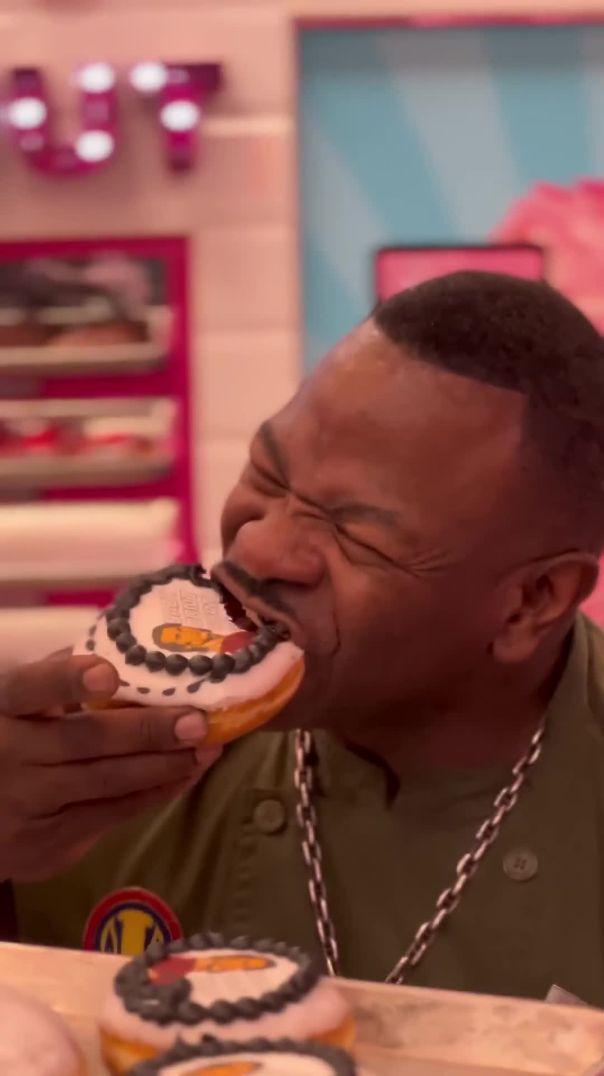
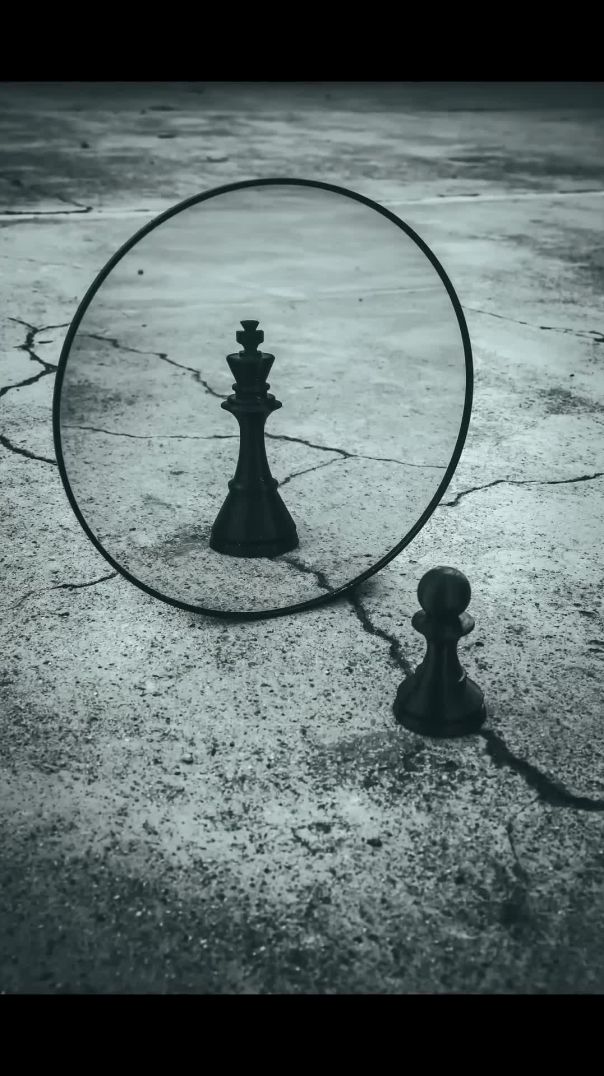

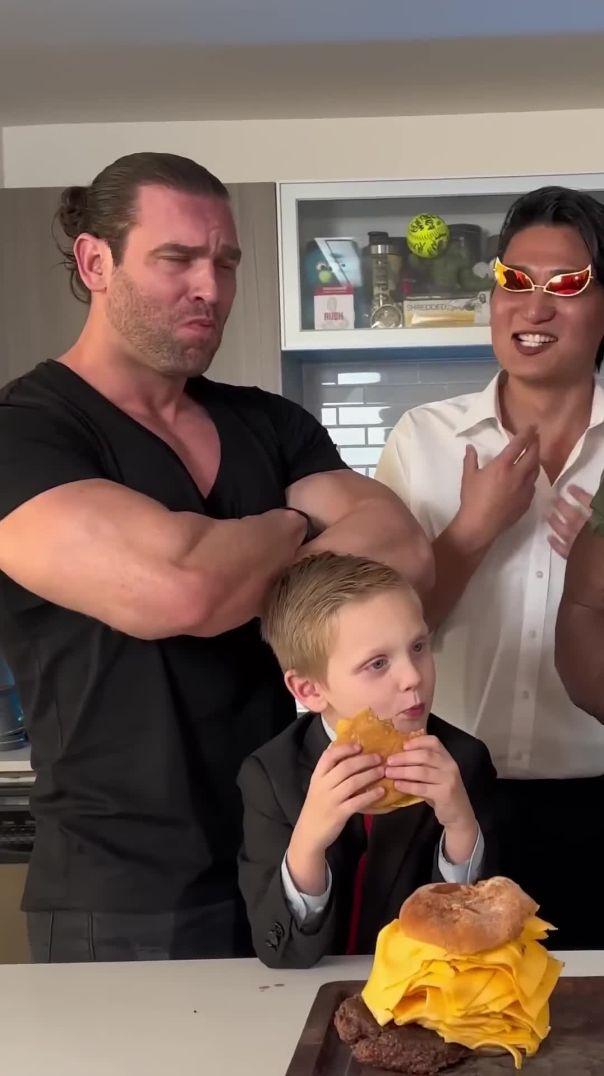





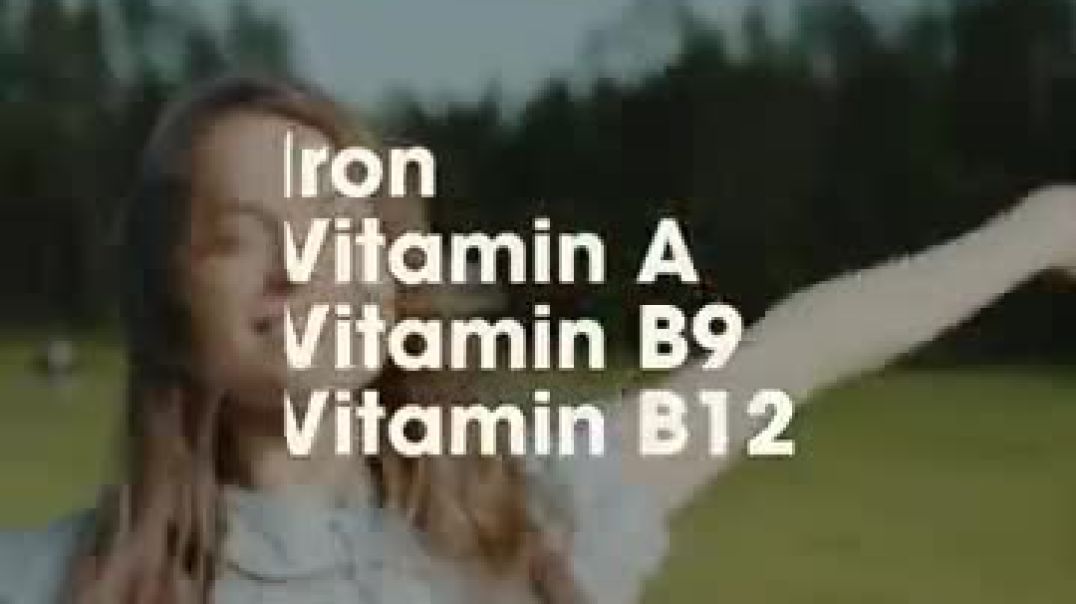
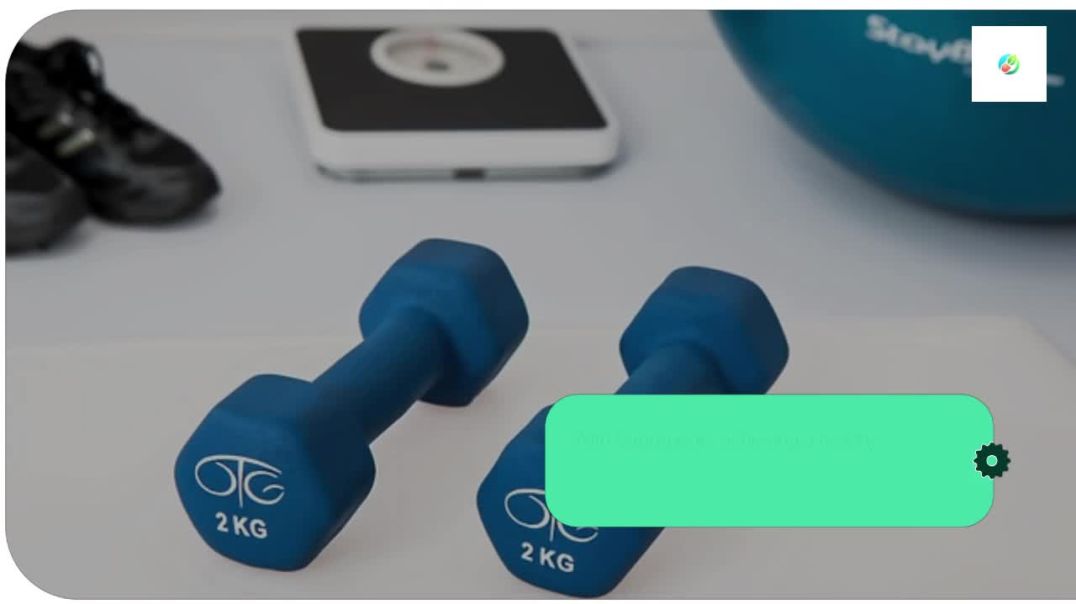










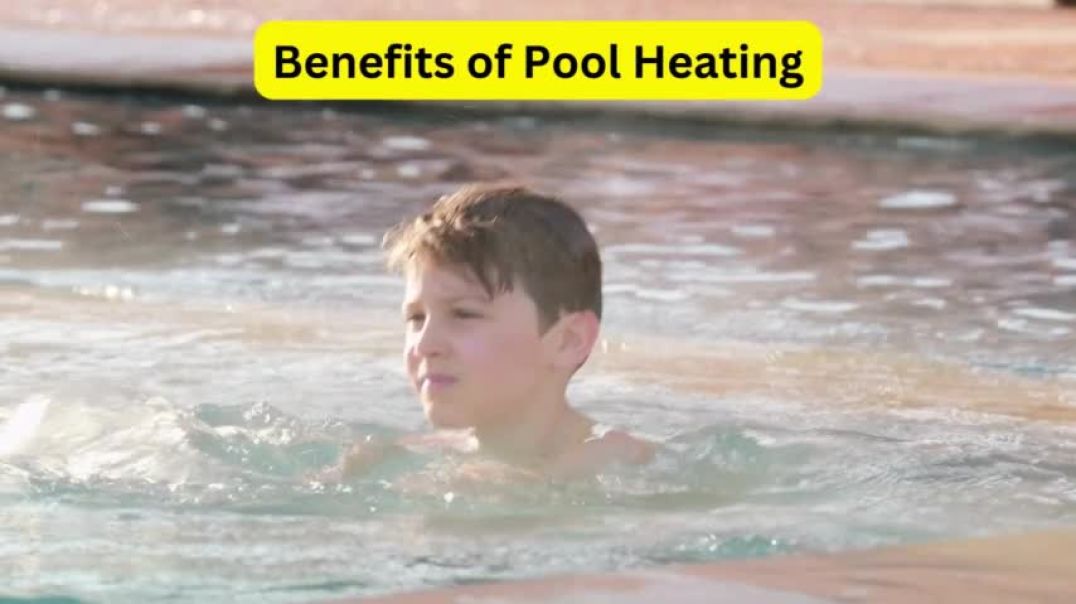
![COBRAH - FEMININE ENERGY (Zorza Adrenaline Mix) [Visualizer]](https://i.ytimg.com/vi/CKGn6HGegBg/maxresdefault.jpg)



0 Comments